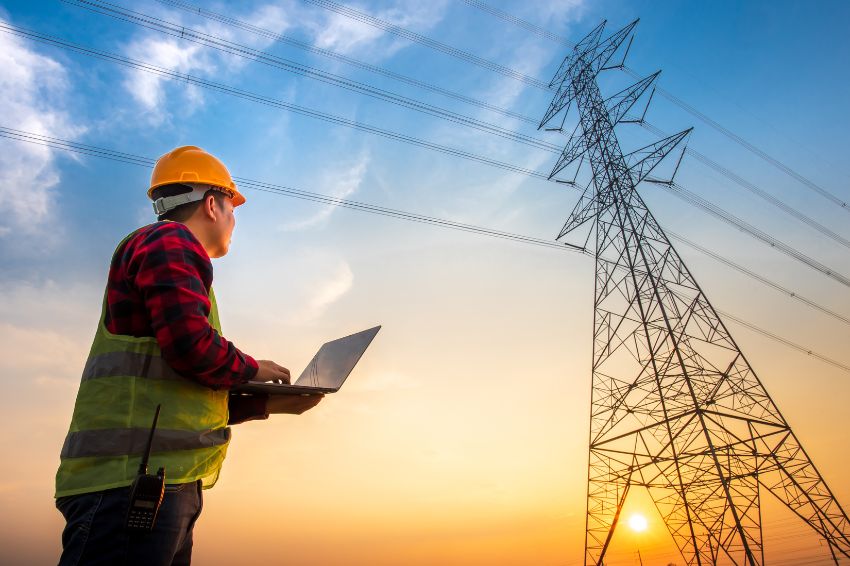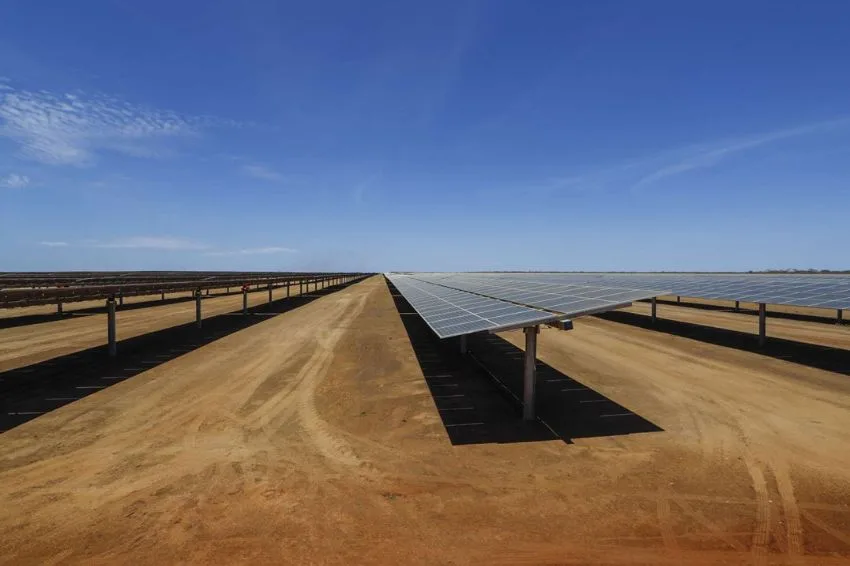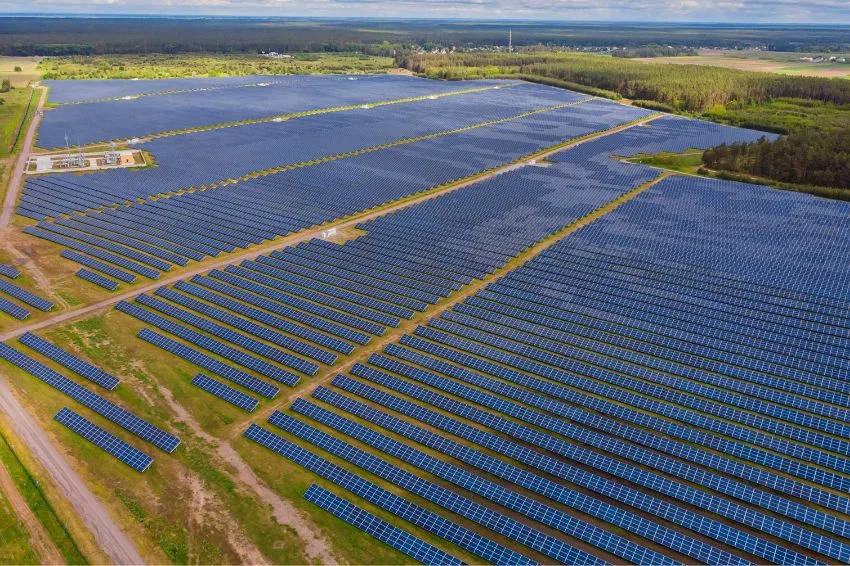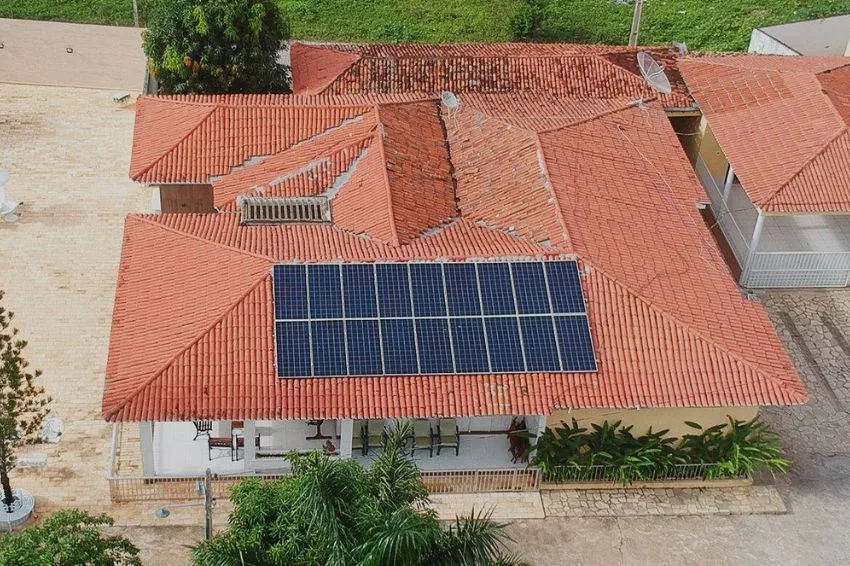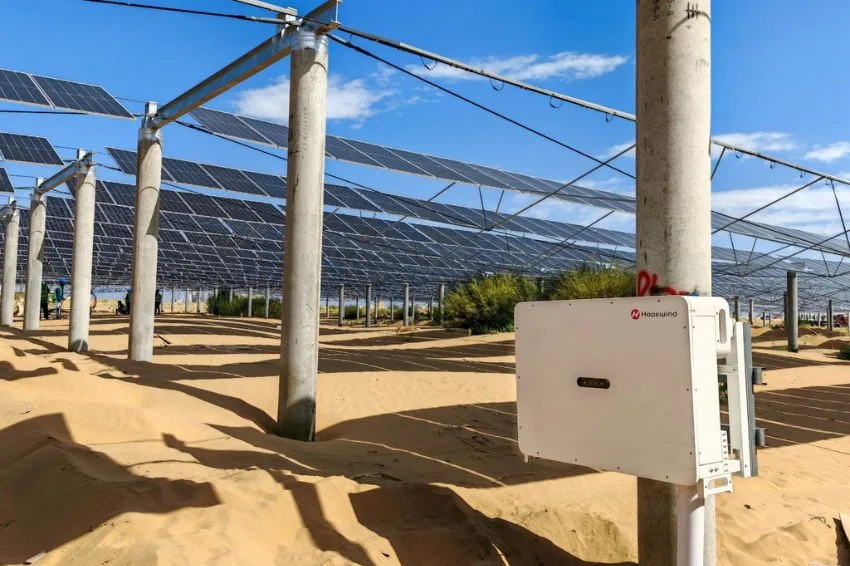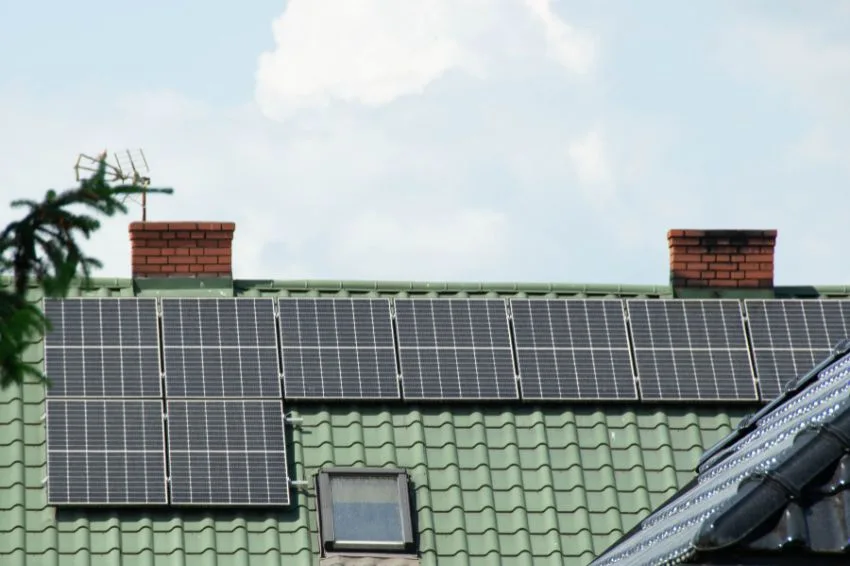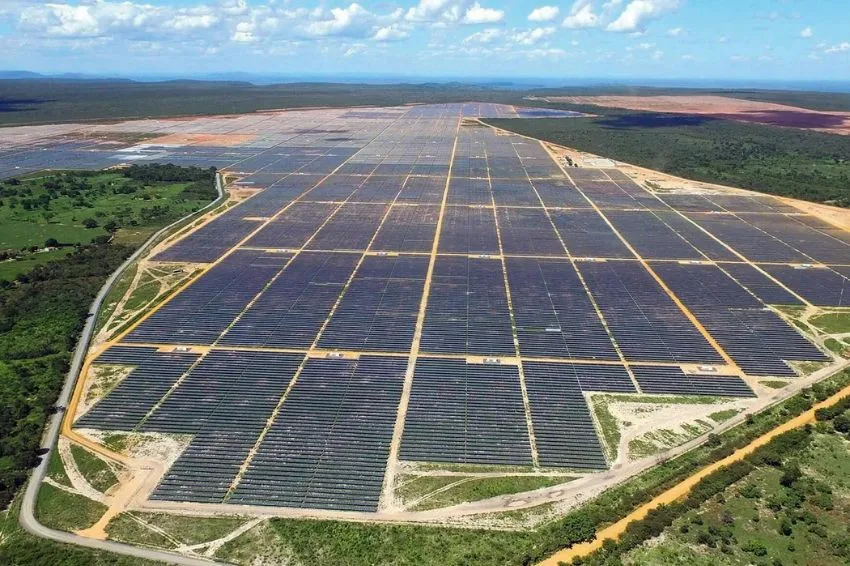O Brazil has made little progress in recent years to give freedom of choice for electricity consumers, a right that, at the end of the day, can mean an average of 30% lower costs on the monthly electricity bill. This is what the Embraceel (Brazilian Association of Energy Traders).
On a global ranking updated by the entity, the Brazil occupies 47th position in a list of 56 countries in which there is some rule authorizing consumers to participate in free energy markets. In 2019, the country was in 55th position.
“Abraceel defends the universal access to the free energy market, so that all consumers, including residential and small businesses, have the right to choose the supplier and freely negotiate prices and terms in a competitive environment in January 2026”, highlighted.
The ranking considers the level of liberalization of the electricity market in countries that have instituted some level of openness and the size of the market, considering the data available in the IEA (International Energy Agency) annual report.
According to the Association, if Brazil already had a free energy market accessible to all, which could have been established since 2003, the country would occupy 4th position, just behind France. Japan and South Korea occupy first and second positions, respectively.
“The top 35 have completely liberalized markets and already grant all consumers, regardless of size or category, the right to choose their electricity supplier, if they wish. The top five in the current edition of the ranking already occupied the top of the list in 2019, some of them in different positions”, they reported.
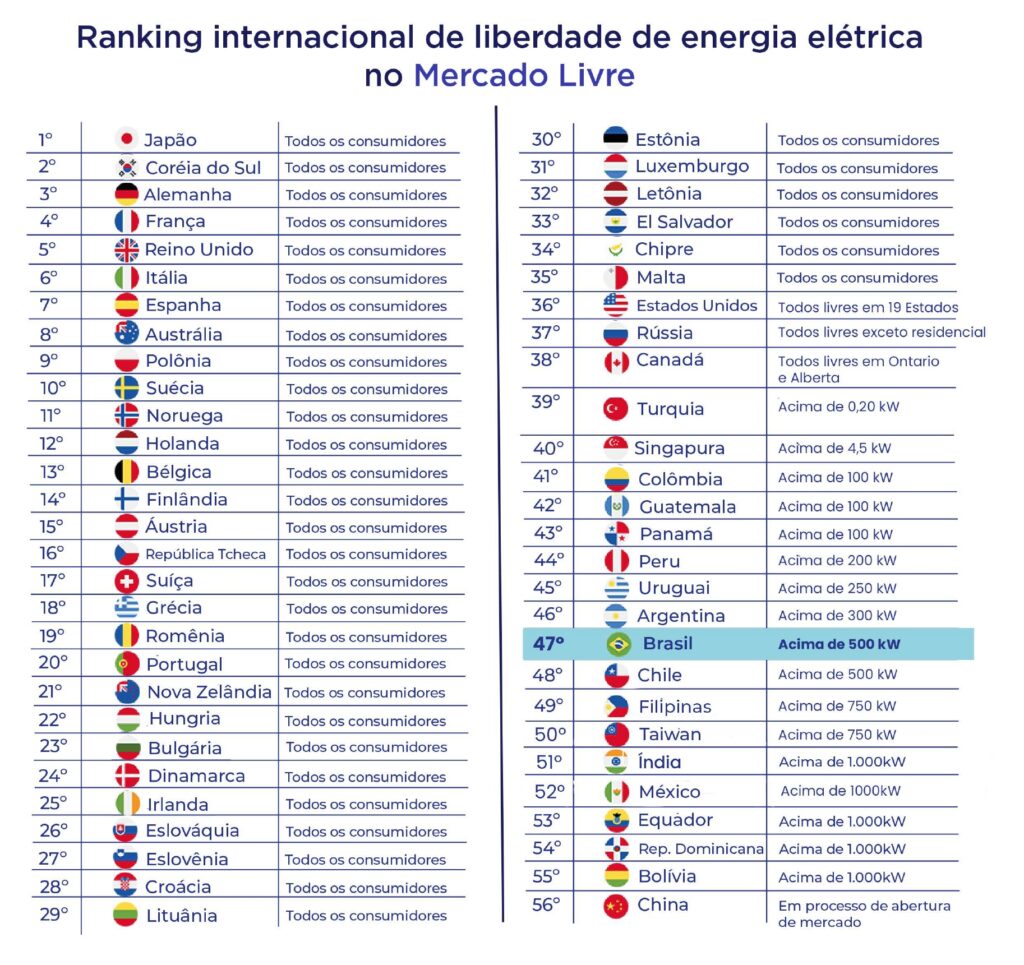
20 year delay in Brazil
According to Abraceel, the advance is backed by ordinances signed by the MME (Ministry of Mines and Energy) in 2018 and 2019, which reduced load limits for energy consumers to purchase on the free market.
Until 2019, only those with demand greater than 3,000 kW had this right. This regulatory rule began to be reduced annually until 2023, when it was established at 500 kW.
The progress was important, but timid, because this barrier could have been eliminated as early as July 2003. This is because Law 9,074, of July 1995, between standards for granting and extensions of public service concessions and permissions, established a legal command which granted the granting power, in this case the Union, the power to promote the complete opening of the electricity market eight years later – in this case, in July 2003.
“On July 8, 2023, Brazil completed 20 years of delay”, said Rodrigo Ferreira, executive president of Abraceel. “In a hypothetical scenario, if all energy consumers had the right to choose and decided to opt to migrate to the free market in search of lower prices and other advantages, the aggregate savings would be R$ 35.8 billion per year, including 5 million low-income households.”


